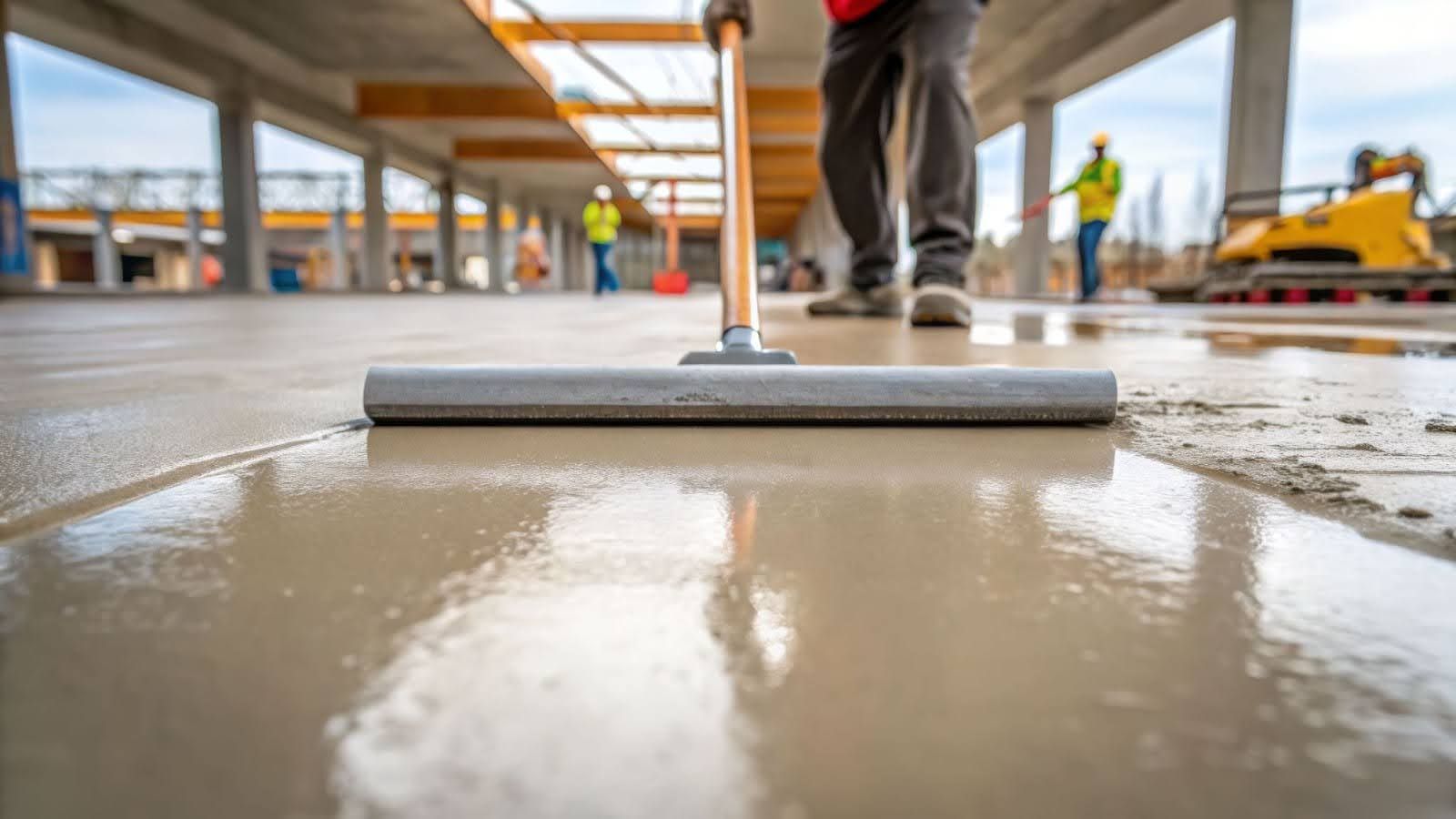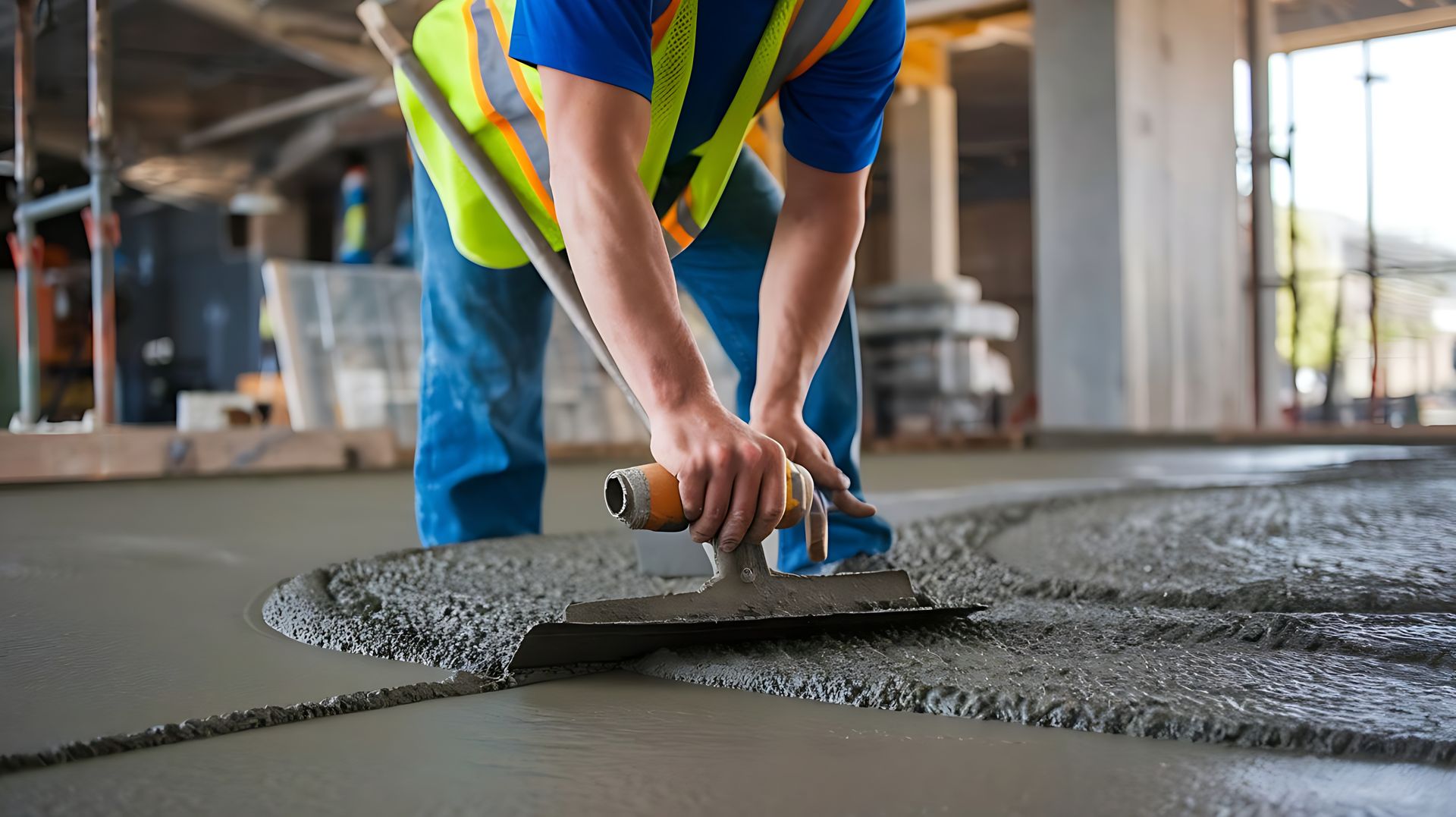How to Choose the Right Concrete Contractor in Southern California
The body content of your post goes here. To edit this text, click on it and delete this default text and start typing your own or paste your own from a different source.Choosing the right concrete contractor is a critical decision that can significantly impact the success of your construction project. Whether you’re planning to install a residential driveway, a commercial parking lot, or an industrial warehouse floor, the quality of the concrete work will determine the durability and aesthetics of the finished product.
The Importance of Choosing the Right Contractor
Selecting the right concrete contractor is a pivotal step in ensuring the success of any construction project. Whether it’s a residential driveway, a commercial parking lot, or an industrial warehouse floor, the quality of the concrete work can significantly impact the durability and aesthetics of the finished project. An experienced and professional contractor can deliver high-quality work that meets all structural and aesthetic requirements.
Conversely, hiring an unqualified contractor can lead to numerous issues, such as poor workmanship, project delays, and increased costs due to necessary repairs. Structural failures and safety hazards are also potential consequences of subpar concrete work. Therefore, investing time in choosing a reputable contractor can save you from future headaches and financial losses.
Professional contractors bring several benefits to the table. They have the expertise to handle complex projects, access to high-quality materials, and the ability to adhere to industry standards and local building codes. Their experience also means they can foresee potential problems and address them proactively, ensuring a smoother project execution.
Verifying Licenses and Certifications
One of the first steps in vetting a concrete contractor is verifying their licenses and certifications. A valid license indicates that the contractor has met the necessary qualifications and complies with local regulations. It’s essential to check these credentials through your state’s licensing board to ensure they are current and valid.
Certifications from reputable industry organizations, such as the American Concrete Institute (ACI) or the National Ready Mixed Concrete Association (NRMCA), are also strong indicators of a contractor’s expertise and professionalism. These certifications often require contractors to undergo rigorous training and testing, demonstrating their commitment to maintaining high standards in their work.
Reviewing Past Project Portfolios
Examining a contractor’s past project portfolio is crucial in assessing their capabilities. A comprehensive portfolio showcases the diversity of projects they have handled, the quality of their work, and their ability to meet client expectations. Look for projects similar to yours in scope and complexity to gauge their experience with your specific needs.
Pay attention to the details in the portfolio, such as the finishing quality, creativity in design, and adherence to timelines. Client testimonials included in the portfolio can also provide valuable insights into the contractor’s reliability and customer satisfaction levels.
Checking References and Reviews
Obtaining references from previous clients is another essential step in the selection process. Speaking directly with past clients allows you to ask specific questions about their experiences, the contractor’s reliability, and the quality of the work delivered. This firsthand feedback can be invaluable in making an informed decision.
Online reviews and ratings on platforms like Yelp and Google can also provide additional perspectives. While interpreting these reviews, look for consistent patterns rather than isolated comments. Be cautious of red flags such as repeated complaints about missed deadlines, poor communication, or substandard workmanship.
Understanding Contract Terms and Conditions
A clear and detailed contract is vital to avoid misunderstandings and ensure that all parties are on the same page. Key elements that should be included in the contract are the scope of work, project timelines, payment terms, and warranties. These details provide a framework for the project and set expectations for both the contractor and the client.
Ensure that the contract specifies the materials to be used, the project milestones, and the payment schedule. Having these elements in writing helps prevent disputes and provides a reference point if any issues arise. Don’t hesitate to negotiate terms that are favorable and ensure that you are comfortable with the agreement before signing.
Evaluating Communication and Customer Service
Effective communication is a cornerstone of a successful construction project. A contractor who is responsive, transparent, and willing to address concerns can significantly enhance the project experience. During initial consultations, pay attention to how the contractor communicates. Are they attentive to your needs and questions? Do they provide clear and detailed responses?
Good customer service is also reflected in the contractor’s willingness to keep you informed throughout the project. Regular updates on progress and any potential issues demonstrate their commitment to transparency and client satisfaction.
Comparing Quotes and Pricing
Obtaining multiple quotes is essential to ensure you are getting a fair price for your project. It’s important to evaluate these quotes beyond just the cost. Consider the quality of materials proposed, the project timeline, and the scope of work included in each quote. Sometimes, a lower price might mean compromises on quality or incomplete services.
Balancing cost and quality is crucial. Opting for the cheapest option might save money upfront but could lead to higher costs in the long run due to repairs or replacements. Choose a contractor who offers a reasonable price while ensuring high-quality work and materials.
Local Insights and Recommendations
Choosing a contractor familiar with Southern California’s specific building codes and climate considerations can be advantageous. Local contractors are more likely to understand the regional requirements and challenges, ensuring compliance and durability of the work.
Leveraging local networks and community recommendations can also help in finding reputable contractors. Word-of-mouth referrals and local awards or recognitions can be indicators of a contractor’s reliability and excellence. For example, a contractor recognized by local industry associations or community organizations is likely to have a proven track record of delivering quality work.
Selecting the right concrete contractor involves thorough research and careful consideration of various factors. By verifying licenses, reviewing portfolios, checking references, understanding contract terms, evaluating communication, comparing quotes, and leveraging local insights, you can make an informed decision that ensures the success of your construction project. Taking these steps will help you find a contractor who can deliver exceptional results and meet your specific needs and expectations.
For more information or to discuss your next project,
contact Diamond Concrete Designs LLC today, our experienced team is ready to provide high-quality concrete solutions tailored to your needs.










